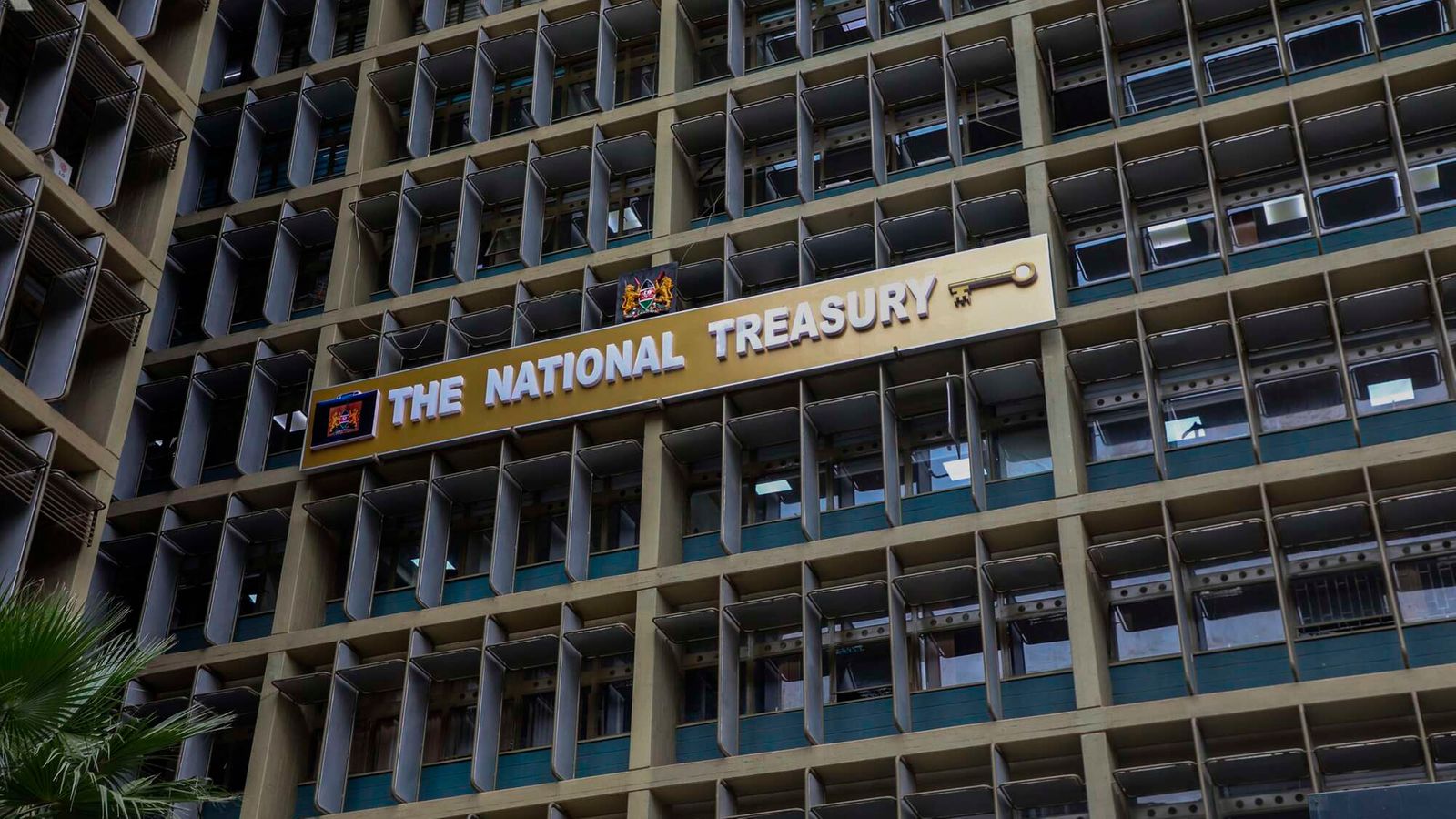Nairobi, June 1 : The government owes retirees more than Sh108 billion in unpaid pensions and gratuities, with many pensioners facing severe financial difficulties.
Actual payments remain well below what is owed, despite pension claims of over Sh131 billion processed in the first nine months of the financial year.
By the end of March 2025, only 52 per cent of the pension allocation, Sh115.14 billion, had been paid out of a total requirement of Sh223.15
billion, Controller of Budget Margaret Nyakang’o has revealed.
This slow disbursement has left thousands of retirees, including teachers and police officers, struggling.
“Retirees are suffering. There is a huge amount of money owed to them, yet they have served this country their whole lives,” Nyakang’o said during a presentation to the Public Debt and Privatisation Committee.
She revealed that the government processed Sh131.92 billion in ordinary and commuted pension claims during the current financial year but released only Sh101.78 billion, creating a gap of Sh30.14 billion.
A further Sh11.66 billion for the Public Service Superannuation Scheme remains unfunded.
Nyakang’o warned that the pension crisis has been ongoing, with a Sh23 billion shortfall from the 2023/2024 financial year rolled into the current one.
“This carried-over balance adds to the fiscal pressure. Pensions must be treated as first-charge expenditures to protect retirees’ livelihoods and uphold legal obligations,” she said.
Pension payments to retired public service workers fell short by Sh23.65 billion in the first quarter of the Financial Year 2024-2025, highlighting a growing public cash crisis amid declining tax revenues.
The National Treasury's Pensions Department processed Sh32.14 billion in payments during this period, reflecting a modest increase of 4.23 per cent compared to Sh30.83 billion from the previous year.
This shortfall is compounded by rising pension costs, driven by a wave of retirements which have further strained resources for President William Ruto's administration.
These financial challenges hinder funding for critical development projects, including road construction, affordable housing, and power transmission lines.
The Controller of Budget’s remarks followed concerns raised by MPs who highlighted the growing plight of retirees still waiting for their pension dues.
Meanwhile, Kenyans who are 50 years old and older could soon have the opportunity to retrieve their pension funds without worrying about paying income tax under a plan being considered by the National Treasury to exempt pension savings from taxes. This decision brings needed relief, to retired individuals who have been eagerly anticipating a simpler way to access their hard-earned funds.
At the moment pension benefits are not taxed until an individual reaches the age of 65, making it tougher for retirees to deal with tax reductions before that age. The initial Kes 600,000 withdrawn is not subject to tax. Any extra funds are subjected to taxes varying from 10 to 30%. This is creating a challenge for individuals retiring early or requiring funds due to health reasons.
The Secretary of the Treasury highlighted the inequity in the existing system by pointing out that those who retire early have to delay getting their benefits or face taxes if they withdraw money before turning 65 years old; some retirees may even, unfortunately, pass away before receiving their entire pension amount.
The suggestion to decrease the age at which pensions become tax free from 65 to 50 is anticipated to be included in an overhaul of the tax regulations in Kenya soon. If approved and put into effect it is anticipated to provide economic assistance to numerous Kenyan individuals.
Furthermore the objective is to assist individuals who have had to retire as a result of poor health or other circumstances by alleviating the financial burden brought on by an abrupt reduction in income.
Analysts see the plan as a move that could help retirees access their savings sooner without facing tax implications – giving them more flexibility and financial stability in their retirement years.
This proposal reflects a plan to one that was part of the Finance Bill of 2024 but was ultimately rejected. Its goal was to exempt retirees from paying taxes on their pension savings in schemes like the National Social Security Fund (NSSF) registered provident funds and individual retirement funds. These exemptions would also apply to individuals who have participated in a pension scheme for 20 years or longer.
The updates to the Finance Bill and the introduction of leadership at the Treasury have injected vitality into this forward thinking pension initiative with the aim of establishing a more equitable system that refrains from punishing individuals who choose to access their savings ahead of time.
The introduction of the proposed tax exemptions could lead to a change in the way pensions are managed in Kenya by alleviating tax obligations for retirees and promoting increased participation in retirement savings schemes to provide them with greater financial freedom.
Officials from the Treasury have highlighted that the pension industry presently possesses assets of Kes 19 billion. The implementation of policy structures could potentially boost this amount to Kes 32 billion over the next five years safeguarding enhanced financial stability for retired individuals, across the board.
The Kenyan National Treasury is currently in the process of updating the country’s pension system—an awaited development, for retirees and those planning their retirement years ahead in Kenya alike. Should these proposed changes be implemented successfully in the future as anticipated by many observers and stakeholders it is expected that numerous Kenyan citizens may look forward to a more financially stable and secure retirement phase without being burdened by excessive tax implications upon their diligently accumulated savings.







